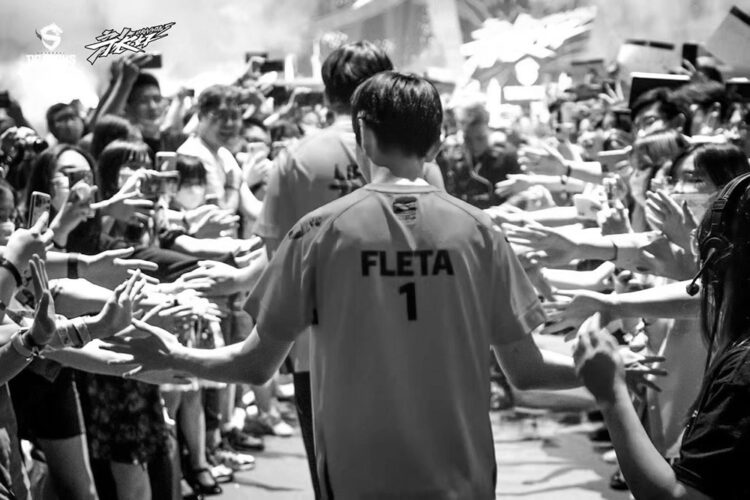The Esports Advocate has reported a lot of layoffs in the esports industry during the month of January, but the separation of NetEase and Activision Blizzard earlier this month will likely lead to a lot more in China; perhaps thousands of industry layoffs including professional players, streamers, and talent, in one of the biggest esports market in the world because Overwatch League’s future is uncertain there.
The Overwatch League is one of the biggest franchise leagues in esports, and China has four teams in the league including NengKing Group’s Guangzhou Charge, Bilibili’s Hangzhou Spark, Huya’s Chengdu Hunters, and NetEase’s Shanghai Dragons.
Of those four teams, It’s more likely that NetEase-backed Shanghai Dragons, the winner of the Overwatch League 2021 championship, would be most affected by the separation from Activision Blizzard, according to Gai Alan, the most recognized Overwatch League caster in China.
“The divorce between NetEase and Activision Blizzard certainly will affect Shanghai Dragons, but not as seriously [as once thought], as most people said they would quit OWL,” Alan said. “By all means, NetEase and Activision Blizzard are in the same boat due to the franchising model in OWL.”
Alan also noted that some Chinese OWL teams might move their operations to South Korea to compete, as most players are Korean anyway. “All Chinese teams are still waiting and looking at how the situation will develop in the future, it’s more likely they won’t put in more investment in China this year until Activision Blizzard finds an alternative Chinese distributor,” he said.
A source inside one of the Chinese OWL teams (who asked to remain anonymous because they were not authorized to speak on the matter) echoed that sentiment, telling TEA that Chinese teams will operate on lower budgets this year—at least until Blizzard tells them what is going on. Some of those lower budgets are due to the uncertainty of sponsorships for every team in the region right now, they added.
“Teams have all reached out to Blizzard China, and Blizzard China’s feedback is basically ‘waiting for the information,’” they said. “Some Chinese players have considered moving their careers [over] to Riot Games’ Valorant or Valve’s CS:GO.”
At the end of December, Valorant received game approval from the National Press and Publication Administration. Given that Overwatch and Valorant are both first-person tactical hero shooter games, it’s more likely players and talent would shift to Valorant from the Overwatch esports scene. Most Overwatch and Hearthstone streamers on DouYu, Huya, and Bilibili have already shifted to other esports titles, such as Dota 2, CS:GO, and Apex Legends.
TEA reached out to Blizzard China, who told us, “Don’t ask, no information, and please wait for the instructions from Activision Blizzard.” NetEase declined to comment on this story.
One other thing TEA learned this week is about collective bargaining and franchised teams in China. On Jan.18, esports journalist Jacob Wolf wrote on Twitter that a “majority of OWL teams” hired UK law firm Sheridans to bargain with Activision Blizzard about “high operation costs, lack of viewership, and distinct lack of a path to profitability.”
But Alan tells TEA that Chinese teams in the Overwatch League are not part of those negotiations: “I don’t think Chinese OWL teams are involved in this collective bargaining. Frankly, Chinese teams and foreign teams are doing business quite separately,” Alan said.
OWL teams in China can really relate to fans in that something they spent a lot of money on is now gone because two of the biggest companies in the world couldn’t come to an agreement. It’s easy to imagine how Chinese Blizzard players felt (crestfallen comes to mind) when they played for the last time and worried about their in-game property and progress as the deadline of midnight Jan. 23 loomed. That day, Activision Blizzard games officially went offline in Mainland China.
That week, Jan. 21-27, should have been a joyous reunion for Chinese families as they celebrated the Chinese New Year—the most important holiday of the year in the country — equal to Christmas in the West. Unfortunately, it will be remembered as a dark time for all Chinese players and any teams who tied their futures to a Blizzard-owned game.
